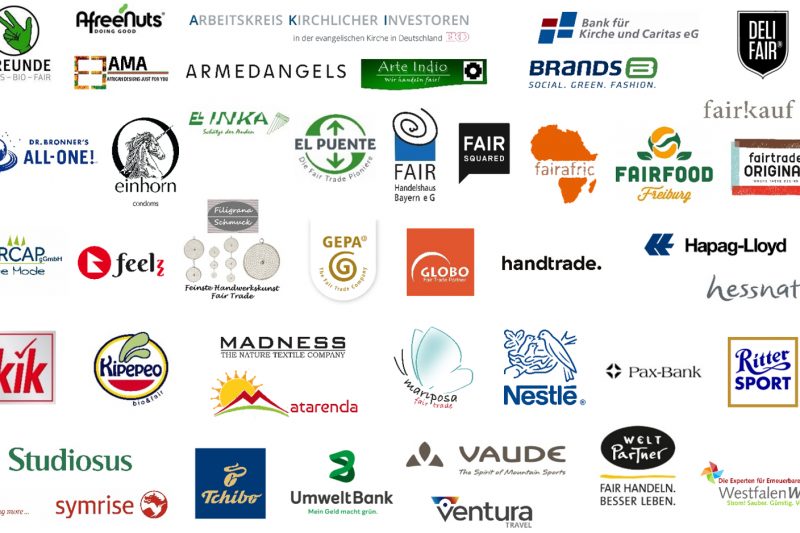Companies make joint call for human rights within value chains

A total of forty-two German corporate groups including confectionery, ingredients and food businesses such as Ritter Sport, Nestlé and Symrise have spoken out in a joint statement to create a law on human rights and environmental due diligence within trading value chains.
The group of supporters, which includes firms working within the cocoa sector, ranges from small and medium-sized enterprises, including start-ups and trade co-operatives, to large multi-national corporations with revenues of several billion euros, seeking to enshrine protection for those working across their trading value chains.
The statement, co-ordinated by the Business & Human Rights Resource Center, and seeking a new legal framework initially in Germany, states: “According to the UN Guiding Principles on Business and Human Rights, companies have a responsibility to uphold human rights – including in their value chains. Some companies have already taken steps to fulfil their responsibilities. However, experience shows that voluntary self-commitments alone are not enough. It requires binding due diligence, which is implemented appropriately by all.
A legal regulation of human rights and environmental due diligence would contribute to legal certainty and level playing field. It would ensure that the same standard applies to all and that no company can escape responsibility without consequences or make profits at the expense of man and nature. The employees, the customers, the investors and the public also expect that from us.
We welcome it when a due diligence law in Germany paves the way for a demanding European regulation.”
The German government has set the target for 2020 that at least 50% of German companies with more than 500 employees have implemented effective human rights protection. The current governing coalition has agreed to become “nationally law-abiding” and push for an EU-wide regime to oblige companies to respect human rights when voluntary implementation proves inadequate.
One of the Business & Human Rights Resource Center in November published study found that 18/20 of the largest German companies had not sufficiently disclosed how they deal with their human rights risks. At the same time, there are links between German companies and human rights violations and environmental damage worldwide, including the collapse of the Rana Plaza textile factory in Bangladesh and, most recently, the devastating dam failure in Brumadinho, Brazil.
Johannes Blankenbach, EU & Western Europe Researcher at the Business & Human Rights Resource Centre, said: “Legislative human and environmental due diligence would make a significant contribution to reducing the negative impact of German companies on workers and communities worldwide, as well as helping to raise the level of good corporate behaviour in general and create a level playing field.
The discussion on legislation to protect against damage by companies is now at a crucial point, both in Germany and at EU level. The statement clearly shows that German companies from various sectors are on board.”
